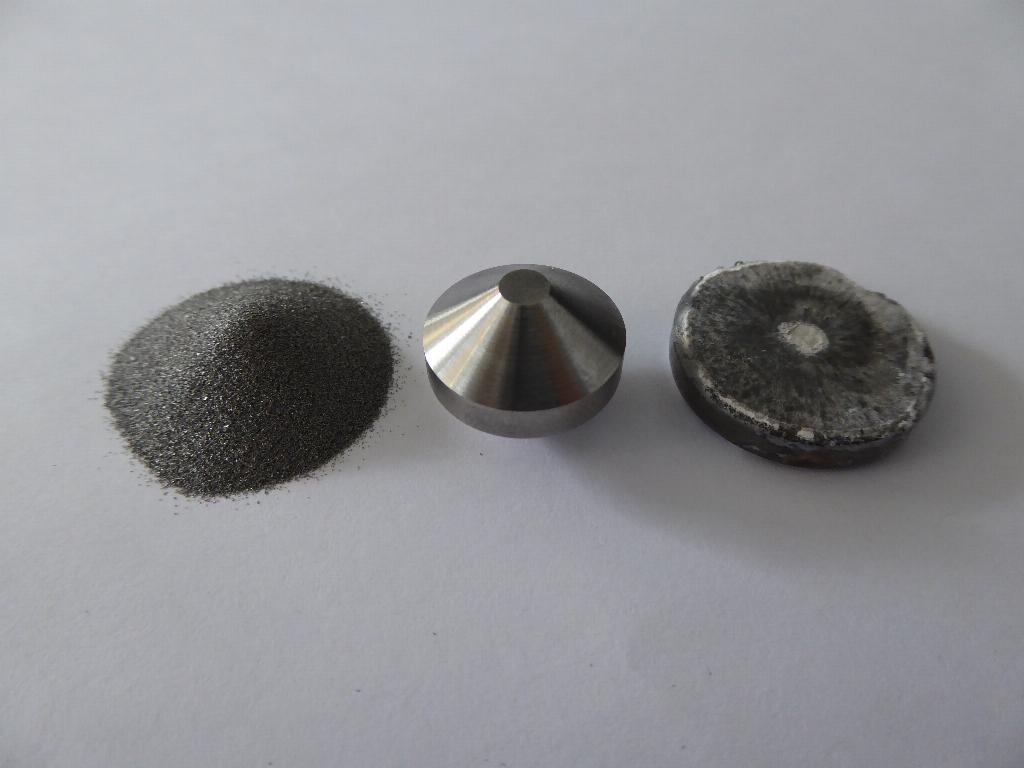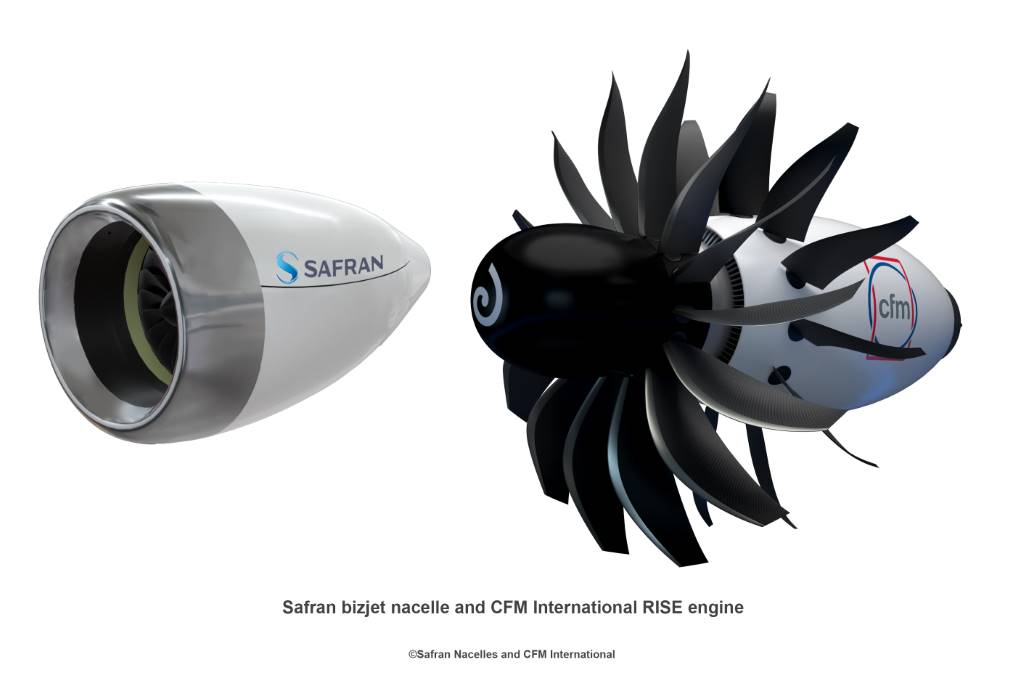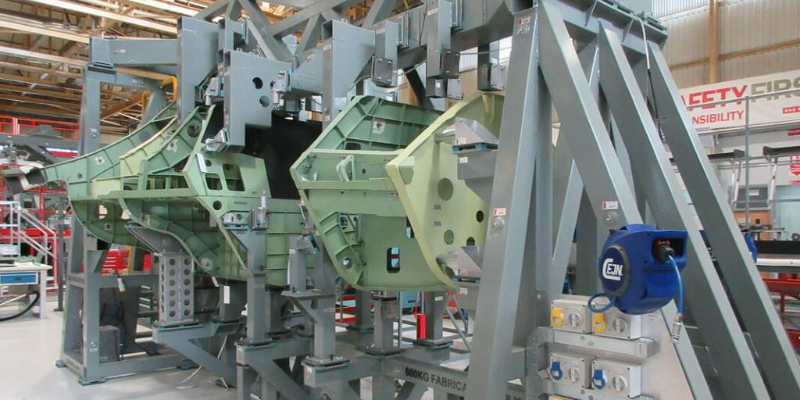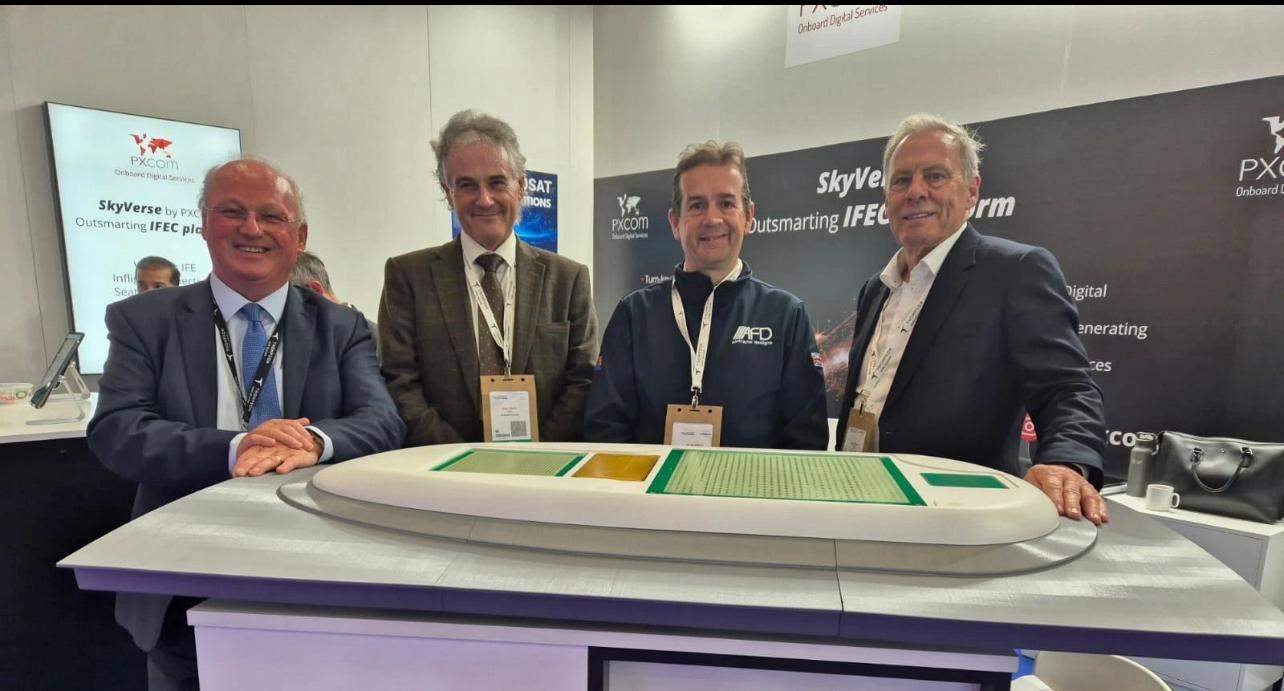
AFRC joins Safran Landing Systems in consortium to produce cheaper titanium for aerospace industry
6th Dec 2016 | In News | By Michael Tyrrell

A consortium comprising an industry leader in aircraft landing gear, a leading specialist metals producer and two of the UK’s leading universities is working on a project aimed at the production of aerospace-grade titanium at an affordable price.
The partners working on the FASTForge project are Safran Landing Systems, Metalysis, the University of Strathclyde’s Advanced Forming Research Centre (AFRC) and the University of Sheffield.
Through FASTForge the consortium is aiming to produce novel titanium alloy aerospace components in three steps from rutile sand – a mineral composed primarily of titanium dioxide (TiO2).
Rutile, the most common natural form of TiO2, is found in plentiful quantities in Australia, South Africa and India.
The aim is to develop a novel low cost titanium forging production process, unique to the UK. The production of this aerospace grade titanium at an affordable price will be an enabler for the introduction of more titanium on aerospace components.
The project will seek to develop the raw material process, establish how it can be embodied in a new UK supply chain, develop cost effective manufacturing techniques and prove the capability in a landing gear application.
The positive outcome for the aerospace industry from the process will be lower cost titanium parts, allowing the metal to be used more widely, leading to lighter aircraft and reduced emissions.
It will also enable the introduction or increased use of titanium, a light and non-corrosive material, in other industries such as rail, automotive, heavy duty construction and defence.
Ultimately, the cost of titanium components could be reduced to less than a third of the current price.
Michael Ward, chief technology officer at the AFRC, said: “The cost of titanium is an important issue in the aerospace industry. Cheaper titanium from the FAST-forge process will protect the UK’s position as the second-largest global aerospace manufacturer, with potential to grow our share of the market as the sector grows over the next 20 years. It will mean the supply chain staying and expanding in the UK with more high-value jobs as a result.”
Sam Evans from Safran Landing Systems said: “The FAST-forge process offers an exciting opportunity to reduce the costs and environmental impact of titanium production. This project has the potential to diversify the supply chain of titanium, allowing its use to continue in current products, as well as allowing its introduction into areas where it has not previously been feasible. This will provide a competitive advantage to the UK high value manufacturing and aerospace industry.”
Dr Martin Jackson, director of aerospace engineering and co-director of the Sheffield Titanium Alloy Research group (STAR), said: “The FAST-forge process is a prime example of Sheffield's exploratory metallurgy research, supported by students, being integrated with the expertise and industrial pipeline of the HVM Catapult Centres to have a potentially significant impact on the competitiveness of UK high value manufacturing.”
FASTForge is due to complete by mid-2018.
Consider a free digital subscription
If you find this article informative, consider subscribing digitally to Aerospace Manufacturing for free. Keep up to date with the latest industry news in your inbox as well as being the first to receive our magazine in digital form.










